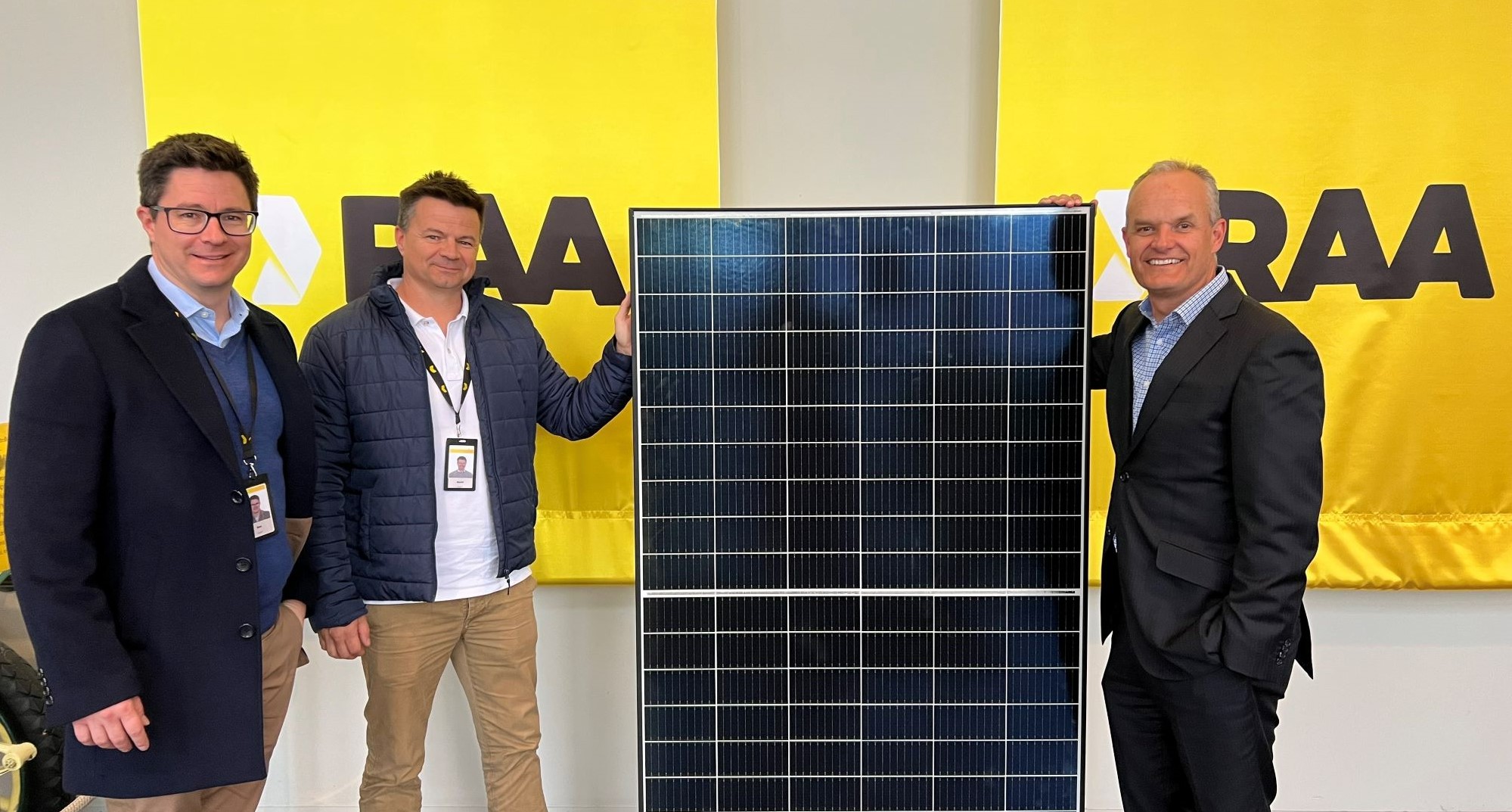
 visit raa.com.au
visit raa.com.au
RAA attended today’s South Australia Energy Transition Roundtable to discuss preparing the State’s electricity grid for an increase in electric vehicles.
On Monday representatives from a range of South Australian energy industry stakeholders – including RAA, SA Power Networks, as well as other investors, producers and market bodies – met to discuss how SA’s energy market was transitioning to a decarbonised future.
Representatives from RAA told the event that smart charging technology is the key innovation that would help the electricity grid become SA’s primary source of transport energy.
RAA CEO Nick Reade said utilising the abundant renewable energy produced by homes and businesses during the day would provide EV drivers with the cheapest, most sustainable energy source.
“The transition from internal combustion engine vehicles to EVs represents a significant opportunity for South Australia to reach its net zero emissions target.”
“We expect the number of electric vehicles sold in South Australia to increase rapidly in the next few years, as many car manufacturers begin to phase out ICE vehicles.
“This transition will deliver a range of benefits to South Australia, but its success is reliant on how EV charging interacts with the electricity network.

“This can be achieved with the help of innovations like smart charging technology that controls what time of the day power is being drawn, helping us to take advantage of the large amount of renewable energy generated in South Australia during daylight hours.”
Mr Reade said the State’s largest member organisation agreed with other Roundtable attendees who outlined the importance of rooftop solar systems in preparing our grid for future demand.
“While South Australia is leading the way in terms of solar panel penetration, we can’t become complacent.”
“Home solar and battery systems will be critical in supplementing South Australia’s power system in a sustainable and cost-effective way.”
RAA will prepare a response to the Energy Green Paper when it is released in 2023 to outline key recommendations to support the uptake of EVs and ensure members can benefit from reliable and affordable clean energy in the future.